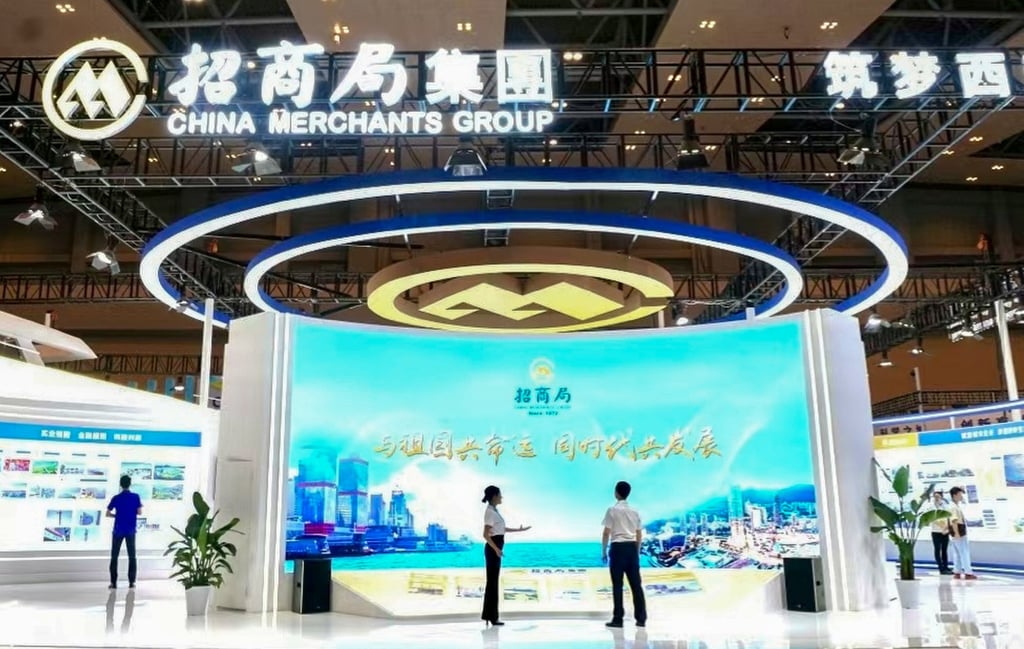PwC’s China woes: Merchants Group unit latest to jump ship as auditor comes under scrutiny
- China Merchants Shekou, the property arm of the state-owned group, said it will hire KPMG, reversing its decision to appoint scandal-plagued PwC

The property development arm of state-owned China Merchants Group (CMG) has become the latest Chinese company to sever ties with PwC, amid concerns over the auditor’s role at insolvent developer China Evergrande.
China Merchants Shekou Industrial Zone Holdings said late on Wednesday night that it will hire KPMG as its auditor, reversing its decision from less than three months ago to appoint PwC. Shekou had previously appointed Deloitte and in March replaced it with PwC.
PwC’s troubles have worsened since authorities in mainland China and Hong Kong earlier this year began investigating the auditing firm’s potential involvement in Evergrande’s financial fraud.
Last Friday, China’s securities regulator formally announced it will impose a 4.18 billion yuan (US$577 million) fine on Evergrande’s onshore unit Hengda, citing fraudulent bond issuance and violations on information disclosures. China’s Ministry of Finance could also announce a penalty of at least 1 billion yuan on PwC, according to a Bloomberg report last week.

“Having played a crucial role in the financial falsification of Evergrande,” PwC’s penalty is likely to be proportional to that of the developer, according to Su Jinyu, an associate at Jingtian & Gongcheng, a Beijing-based law firm.
